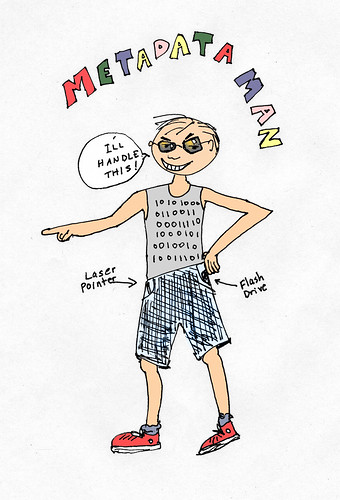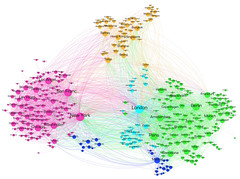– Gathering of people who have not watched Breaking Bad at To be confirmed
<div class="vevent" id="hcalendar-Gathering-of-people-who-have-not-watched-Breaking-Bad"><time datetime="2013-09-30" class="dtstart">September 30, 2013</time>–<time datetime="2013-09-30" class="dtend"></time> <span class="summary">Gathering of people who have not watched Breaking Bad</span> at <span class="location">To be confirmed</span><div class="description">This is a made up event to test how an hCalendar works.</div><div>Categories: <span class="category">Breaking Bad</span>, <span class="category"> hCalendar</span>, <span class="category"> fake events</span></div>
<p style="font-size: smaller;">This <a href="http://microformats.org/wiki/hcalendar">hCalendar event</a> brought to you by the <a href="http://microformats.org/code/hcalendar/creator">hCalendar Creator</a>.</p></div>
This is a made up event to test how an hCalendar works.
Categories: Breaking Bad, hCalendar, fake events
This hCalendar event brought to you by the hCalendar Creator.
I am ridiculously pleased with myself for understanding the code behind that! It looks like this:
<p style="font-size: smaller;">This <a href="http://microformats.org/wiki/hcalendar">hCalendar event</a> brought to you by the <a href="http://microformats.org/code/hcalendar/creator">hCalendar Creator</a>.</p></div>




